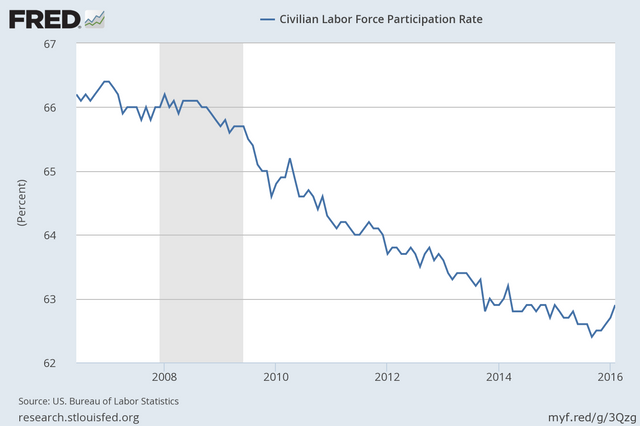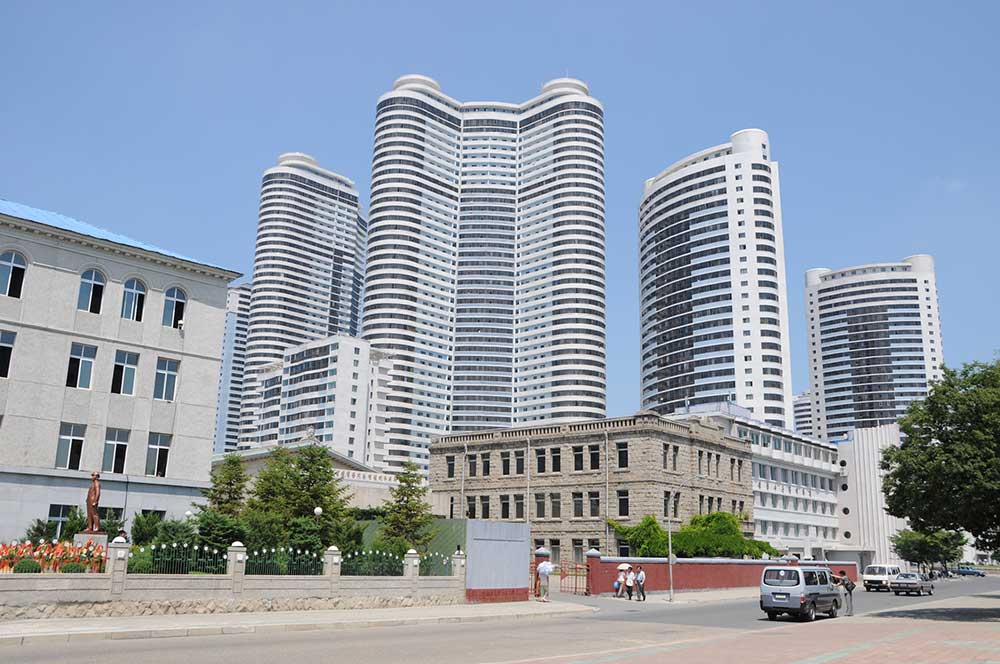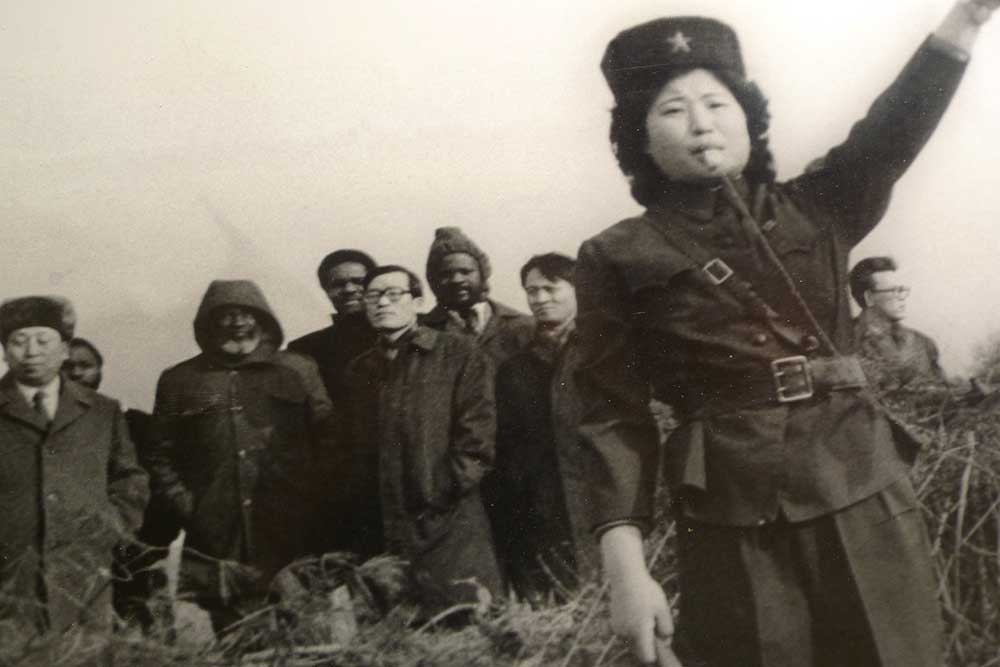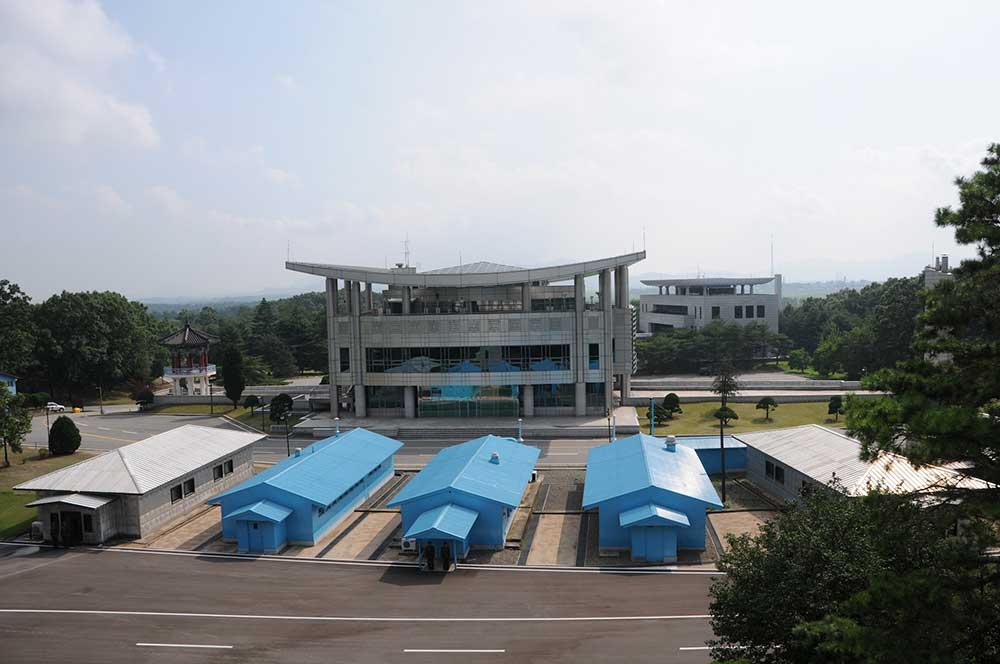Robert Stevens
The resignation of Work and Pensions Secretary Iain Duncan Smith has plunged Britain’s ruling Conservatives into a state of civil war.
Duncan Smith resigned over cuts to disability benefits in last week’s budget, but his doing so is a manifestation of deep divisions in the Tory Party—particularly over June’s referendum on the UK’s membership of the European Union (EU). This could lead to a leadership contest following the June 23 referendum, or even a possible split in the party.
Around 100 MPs (of 302) and the majority of party members are in favour of leaving the EU and a growing number of MPs favour a leadership election regardless of the result of the referendum. Duncan Smith therefore left the cabinet over an issue he knows will do maximum political damage to both Prime Minister David Cameron and Chancellor George Osborne, the favourite to replace Cameron as party leader on the pro-EU wing of the party.
Commenting on the crisis, the Sunday Times said the leadership credentials of Osborne were “shredded” after Duncan Smith “unleashed a bloodbath of mutual recriminations at the top of the Tory party,” while an unnamed MP told the BBC there will be “genocide of the Cameroons and Osbornites.”
When Duncan Smith stood down as Tory leader in 2003 he set up the Centre for Social Justice think-tank to devise reforms aimed at slashing state spending on welfare benefits. This included the universal credit system currently being implemented by the government and rolling out “welfare to work” programmes under which millions are to be forced into low-paid jobs. In charge of the Department for Work and Pensions (DWP) since the election of the Tory/Liberal Democrat coalition in 2010, he was the minister most closely associated with brutal attacks on the welfare state including the hated “Bedroom Tax.” He has overseen £28.3 billion taken from the disabled over the past five years.
Nevertheless, the manner of Duncan Smith’s resignation cannot be simply dismissed with charges of hypocrisy. Under conditions of escalating economic crisis, the rifts in the Tory party are an expression of political realignments underway within bourgeois politics internationally. A section of the Tory party that is supportive of a Brexit and which utilises certain populist rhetoric, is now openly campaigning alongside UK Independence Party (UKIP) and a small section of the Labour Party.
Duncan Smith is seeking to make an appeal for “equality of national sacrifice” that provides an essential political justification for the right wing forces gathered under the Brexit umbrella. Indeed Peter Bone, a leader of the Grassroots Out organisation, alongside UKIP leader Nigel Farage, said his resignation “illustrates why it is so important for the UK to quit the EU and stop sending our massive membership fee to Brussels, which amounts to over £15 billion a year. Instead of making unnecessary and painful cuts to disability payments we would have more money to spend on our own priorities.”
Duncan Smith quit just two days after Osborne’s March 23 budget, which confirmed further spending cuts even as the richest 10 percent in society and the corporations were handed billions in tax breaks and other giveaways.
The Chancellor said that disability benefits would be further cut, saving the government £4.4 billion by 2020-21. The cuts reduce access to Personal Independence Payments (PIP), which will replace Disability Living Allowance in January 2017, and is expected to save £1.3 billion, with many PIP recipients slated to lose up to £150 a week. PIP is relied on by hundreds of thousands of people who need help with basic tasks such as going to the toilet and dressing.
These cuts were “not defensible,” Duncan Smith said, especially “in the way they were placed within a Budget that benefits higher earning taxpayers.”
Elaborating on his resignation on the BBC’s Andrew Marr Show Sunday, he said the budget was “deeply unfair and perceived to be unfair,” with the Tories now widely seen as a party representing only the rich. The government was “in danger of drifting in a direction that divides society rather than unites it.”
Instead, the government had to “widen the scope of where we look to get that deficit down and not just narrow it down on working age benefits... Because otherwise it just looks like we see this as a pot of money—that it doesn’t matter because they [the poorest] don’t vote for us.”
To continue with the attacks outlined would make a mockery of Cameron’s stated claim to representing “one nation” and that in relation to austerity, “we’re all in this together.”
This is a devastating attack on the prime minister, designed to end his premiership.
Beneath the rhetoric, Duncan Smith’s call for “widening the scope” of deficit reduction does not mean any let up in attacks on the working class. Rather, his main counter proposal is that some cuts should instead be directed at pensions, previously ring-fenced and where far greater savings could be made. Pension cuts would in fact see an escalation in the austerity agenda by an order of magnitude, given that the state pension and pension tax credits make up almost £100 billion of the entire £213 billion welfare spending annual budget, compared with spending on disability benefits totalling £36.7 billion.
In addition, among the Centre for Social Justice’s proposals to address “Economic dependency and worklessness” is a clampdown on out-of-work benefits, including the welfare cap Duncan Smith now claims to oppose. It declares that “the UK’s worklessness crisis is not primarily a product of the recession” and urges a “transformation of who is now expected to look for work and what looking for work should actually entail”—including driving people incapacity benefits and encouraging those in council housing to move home in search of work if unemployed for more than a year.
On Saturday, Duncan Smith was replaced by Stephen Crabb, with Downing Street announcing that the proposed changes to PIP were being abandoned “in their current form.” Even so, by Sunday evening the Tory-supporting Telegraph was speculating about the possibility of Cameron being removed as Tory leader, noting that as “many as 30 Tory MPs were ready to support a leadership challenge...”
The crisis escalated Monday when the Tories were forced to accept an “urgent question” from the Labour Shadow Chancellor John McDonnell who called on Osborne to withdraw his budget due to the £10 billion hole left by the retreat on welfare cuts. Labour leader Jeremy Corbyn had earlier called for Osborne’s resignation.
Such is the depth of the political crisis and the tensions within governing circles that Osborne did not attend parliament to answer, leaving it to Treasury Minister David Gauke to speak for the government in a fractious parliamentary session.
Afterwards Cameron was forced to defend his record, telling MPs he represented a “modern, compassionate Conservative government.”
He did so after reporting on the deal between the European Union and Turkey to seal borders and expel refugees, framed as an answer to pro-Brexit Tory MPs, and stressing that his government would step up its clampdown on immigration. “We won’t be giving visa free access to Turks coming to the UK” and “won’t be taking more refugees as a result part of this deal,” he said.
In response, Labour leader Jeremy Corbyn merely asked Osborne’s whereabouts. He made no reference to Duncan Smith’s resignation, asking only if Cameron could guarantee there would be no further cuts in the DWP’s budget.
The immediate future of the Tory government depends on the ability of Cameron to stem the attacks on his premiership from within his own ranks. But its underlying weakness and the conflicts tearing it apart are becoming ever clearer.





